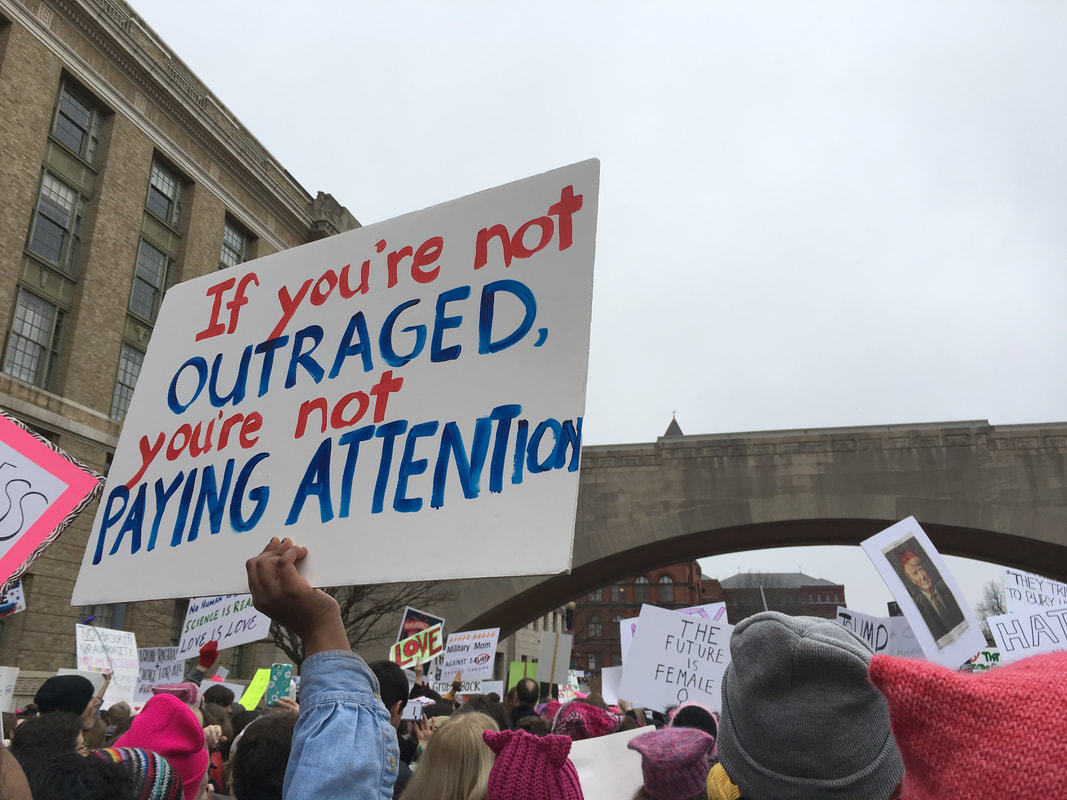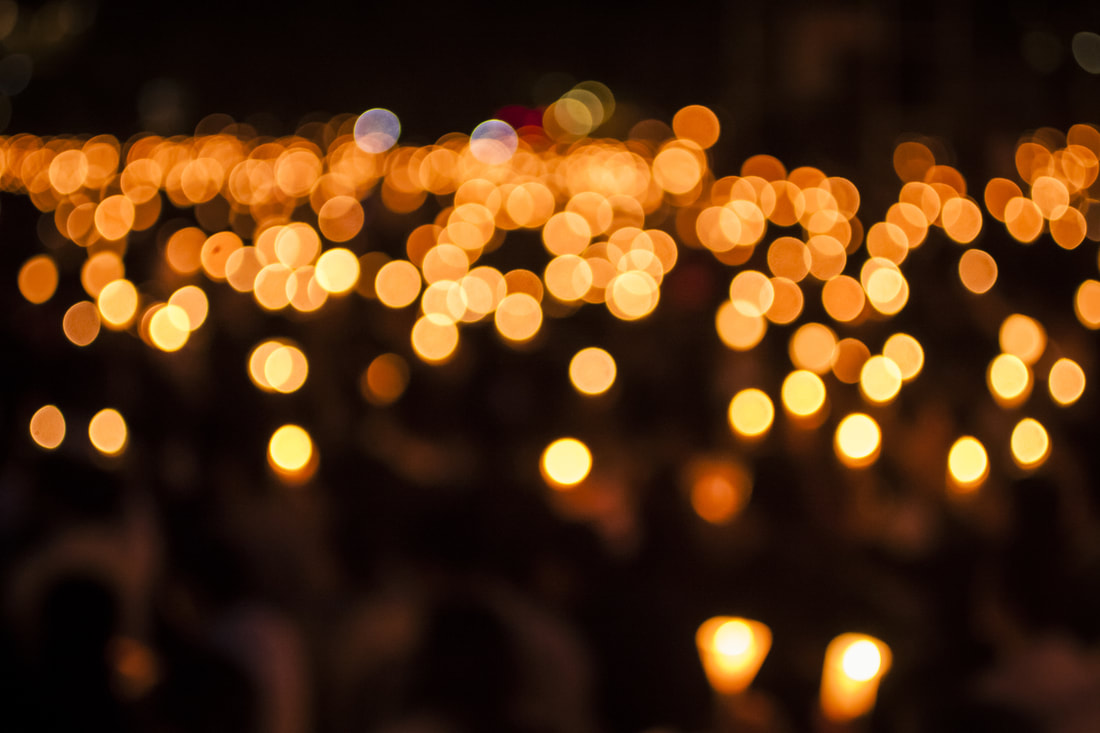|
You know that healing and liberation are as intrinsically linked as trauma and oppression.
You know that the genius and leadership of the most marginalized and oppressed communities must be centered. You know that what we need in the world right now is big bold action. And the ability to take feedback, refine our action and try again. And the idea of making mistakes is terrifying. It makes your guts cramp up. You want to tear down the prisons. And the courts. And the cops. And when it comes to harm within your own communities, you’re at a loss. How do you hold the humanity of folks who make big mistakes and do big harm? How do you hold your own humanity when you make mistakes, both big and small, and hurt others? What does responsibility look like? Should there be punishment? How does justice happen when cycle of ‘I wound someone else because you wounded me and then they wound someone else and get punished with more wounds’ goes on and on? You believe that we can win and yet, finding hope right now feels increasingly elusive. The world is on fire, and after dealing with the dysfunction and in-fighting in your organizing crew, you feel like throwing in the towel. You are so goddam tired. And still, there’s so much to be done. The meetings and marches don't take care of nor respect the limits of your body and often you can't even manage to get you in the door and yet you’re supposed to give and give. How can you keep on fighting for a vision of liberation that doesn’t include you? You need tools that include you. You need tools that are systemically rooted. You need tools that understand the brilliance and the devastation of our movements. You need tools that address harm in order to reduce harm. You need practice that is rooted in liberation in the here and now. |
There’s a way out of this mess, and it requires each of us to begin with our own body. You and your body are important parts of the solution. Your body—all of our bodies—are where changing the status quo must begin.” ― Resmaa Menakem
How does it work?
|
I start individual sessions with an assessment about where you’re at: What’s working? What's not working? What do you long for? How would we know if you got what you long for--what would your life been like?
This assessment is an active accountability document for both of us. I use them to make sure that we are developing the tools to get you what you want. We will refer back to your assessment both to check in about how we’re doing and also to better understand how far you’ve come. And this document can and will likely change as you heal and have attainable visions of your life that you could have never imagined before. From there, our time is spent in a variety of ways. Often we will start the session with a practice that helps you develop your ability to identify and notice the nuances of your bodily sensations. We might work some boundary setting skills and delve into how your individual nervous system responds to triggers and how you can use your sensations to recover before you act after that trigger. There are often many of my ridiculous, occasionally brilliant metaphors. We might have a larger verbal check-in about a relationship and what you want to practice differently in it. We might break down how ableism is impacted your self-worth and develop a kinesthetic forgiveness practice. We might practice identifying the loudest sensations that are accompanying your anxiety and learning how to titrate in and out so we don’t overwhelm your nervous system. My sessions are generally emergent and largely guided by you. If you're into it, I love giving homework because it gives you scaffolding to develop the muscle memory that new patterns require and also the ability to take what you are learning directly into your life. |

